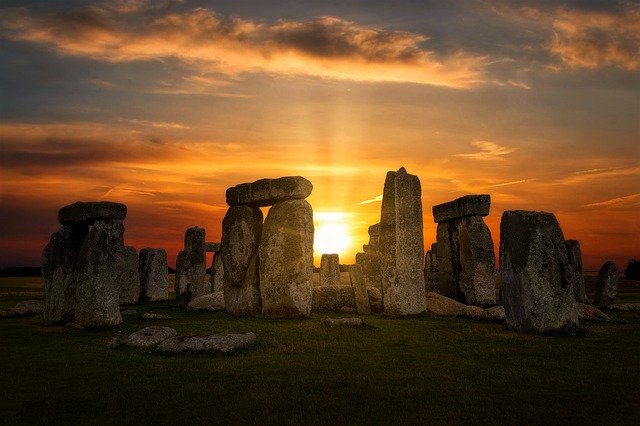 SD asks: "What is druidry and how is this connected to the occult?"
SD asks: "What is druidry and how is this connected to the occult?"Historically, it is believed that the ancient Celts were served by a priestly class known as the Druids, who could be either male or female, and who were polytheistic (the worship of many gods) in their belief system. The Druids were considered to be intermediaries between the gods and mankind and to be people of great learning and discernment who fulfilled a wide range of functions within the community. The ritual killing of humans and animals is believed to have been a part of the Druidic culture. England’s Stonehenge, thought to have been built by Druids, is perhaps the best known artifact of this ancient cult.
Even though there is great diversity in belief and practice among today's Druids, in 2010, the UK's Charity Commission for England and Wales recognized the Druid Network as a religion that worships nature, particularly the sun and the earth, and who also believe in the spirits of places such as mountains and rivers as well as "divine guides" known as Brighid and Bran.
The Commission's document references the belief that Druids once engaged in human sacrifice, but claims to have found "no evidence of any significant detriment or harm" arising from modern druid beliefs. They also recognize as common practices of Druidry the marking of eight major festivals each year which revolve around the different phases of the moon, as well as rites of passage and gatherings of bards on sacred hills, known as "gorsedd."
Because all charities must demonstrate their benefit to the public, Druids say they qualify because their followers seek to conserve Britain's heritage as well as the environment.
The American Religious Identification Survey says there are approximately 30,000 druids in the United States, some from British branches, but others from American orders that began with the Reformed Druids of North America in 1912.
